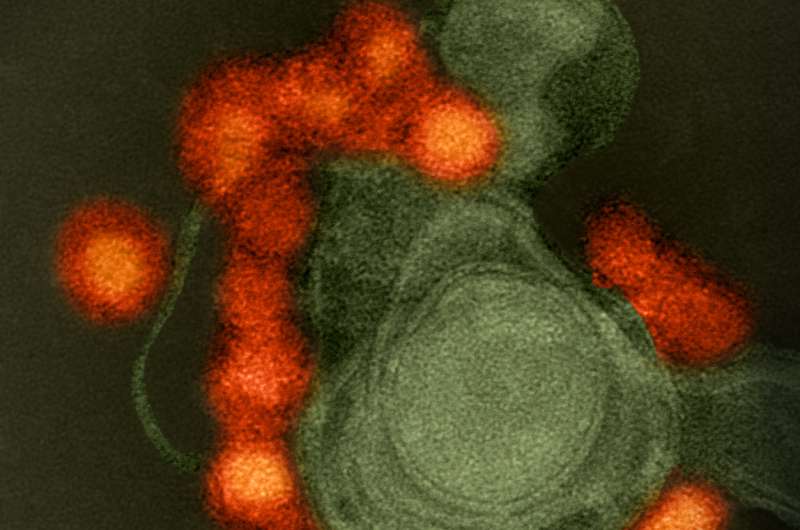Potential of Laminin-411 Peptide in Enhancing Myelin Repair for Central Nervous System Disorders

New research identifies laminin-411 and its peptide A4G47 as promising agents to promote myelin repair in the central nervous system, paving the way for innovative treatments for demyelinating diseases.
Recent research from Japan has uncovered promising insights into the role of laminin-411, an essential extracellular matrix protein, in promoting myelin formation within the central nervous system (CNS). The study highlights that laminin-411, particularly its E8 domain-derived peptide, A4G47, significantly stimulates the differentiation of oligodendrocytes (OLs)—the cells responsible for forming myelin sheaths around nerve fibers—thus offering new avenues for treating demyelinating diseases.
The team focused on the expression patterns of laminin alpha chains α1, α2, and α4 in mouse brain and spinal cord tissues during peak myelination phases. Using recombinant proteins representing these chains, they identified that the α4 chain produced a form called laminin-411, which effectively enhanced OL maturation and myelin membrane development in laboratory settings.
Further analysis pinpointed the E8 fragment within laminin-411 as the critical segment supporting myelination. Among the derived peptides, A4G47—originating from the E8 region—stood out as the key functional element promoting myelin formation. This discovery not only sheds light on the molecular mechanisms underlying myelination but also introduces novel molecular tools that could stimulate myelin repair.
The implications of this research extend to a broader spectrum of neurological conditions characterized by myelin degradation, such as multiple sclerosis, Alzheimer's disease, and age-related cognitive decline. The study underscores the potential of utilizing laminin-411 components and A4G47 peptide as therapeutic agents to facilitate remyelination and restore nerve function.
Conducted through a collaborative effort involving Tokyo University of Pharmacy and Life Sciences and Osaka University, this groundbreaking work employed advanced molecular biology techniques to reveal the active regions within laminin-411. The findings represent a significant step toward developing targeted therapies for CNS demyelination, ultimately contributing to improved neural regeneration strategies.
Source: https://medicalxpress.com/news/2025-07-laminin-peptide-central-nervous-myelin.html
Stay Updated with Mia's Feed
Get the latest health & wellness insights delivered straight to your inbox.
Related Articles
Low Uptake of RSV Antibody Shots in Infants Highlights Disparities
A new study reveals low coverage of RSV antibody shots among eligible infants, with significant disparities affecting marginalized groups, highlighting the need for improved vaccination efforts and equity.
Long-Term Risks of Type 2 Diabetes Linked to Zika Virus Infection
Research reveals that Zika virus can infect the hypothalamus in adults, leading to sustained insulin resistance and an increased risk of developing type 2 diabetes long after initial infection. This discovery broadens understanding of Zika’s long-term health impacts beyond fetal development concerns.
Innovative Microstent Design Offers New Hope for Glaucoma Treatment
A new, uniquely shaped microstent developed by Oxford researchers promises a less invasive, more durable solution for managing glaucoma by effectively reducing intraocular pressure and improving patient outcomes.
Combination Therapy Shows Promise and Safety for Specific Genetic Types of Acute Myeloid Leukemia
New clinical research indicates that combining standard AML treatment with targeted drugs like revumenib offers high remission rates and safety for patients with specific genetic mutations, paving the way for personalized therapy approaches.



